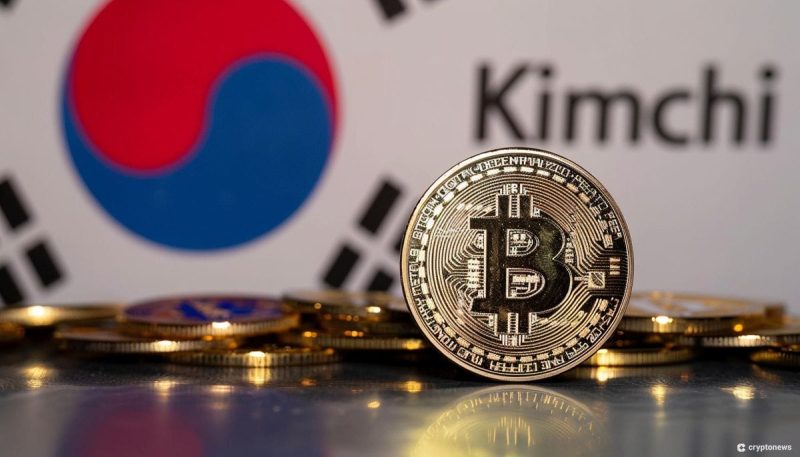Bitcoin’s infamous “Kimchi premium” has made a comeback, with the cryptocurrency commanding an average 10% price premium in South Korea compared to global exchanges.
As of the Asian morning hours, Bitcoin (BTC) was trading just above $66,000 on most global exchanges, while on Korean exchanges like Upbit, it reached over 93 million won, equivalent to over $71,000 at current exchange rates.
The Kimchi premium phenomenon refers to the price difference of Bitcoin on local Korean exchanges compared to global platforms.
In theory, traders can exploit this arbitrage opportunity by purchasing Bitcoin on a global exchange, transferring it to a Korean exchange, and selling it for a risk-free 10% profit in Korean won.
However, capital controls and challenges in withdrawing large sums of money from Korea make it difficult for most investors to take advantage of this opportunity.
Sam Bankman-Fried Profited From Kimchi Premium
One notable figure who capitalized on the Kimchi premium was Sam Bankman-Fried, the founder of Alameda Research and FTX exchange.
Bankman-Fried claimed that the premium reached as high as 50% during 2019 and 2020, enabling his firm to make significant profits.
The return of the Kimchi premium indicates renewed interest and participation from retail investors in South Korea, driven by local demand for the asset.
Ki Young Ju, the founder of on-chain analysis firm CryptoQuant, referred to the Kimchi premium as a “pure retail FOMO indicator,” suggesting that Korean retail investors are getting back into the market.
Korea Premium Index(a.k.a. Kimchi Premium) is a pure retail FOMO indicator because
1/ There are no notable crypto funds in Korea
2/ Korea has very strict capital control policies
— Ki Young Ju (@ki_young_ju) August 8, 2021
The increased premium creates an arbitrage opportunity, prompting traders to bring their overseas holdings back to Korea and leading to a rise in Bitcoin reserves on local exchanges like Upbit.
While the Kimchi premium provides potential gains for traders, it also highlights the unique dynamics of the South Korean cryptocurrency market.
The country’s strict capital controls, combined with limited infrastructure for smaller investors, present challenges for capitalizing on the arbitrage trade.
Nevertheless, as the premium continues to rise, more traders are likely to exploit the opportunity, further increasing Bitcoin reserves on Korean exchanges.
South Korea Could Allow Spot ETFs
Earlier this week, South Korea’s chief of the financial watchdog revealed that authorities are discussing the potential approval of spot Bitcoin exchange-traded funds (ETFs) in the country.
Lee Bok-hyun, governor of the Financial Supervisory Service, said in a recent radio interview that there are differing opinions among authorities.
While some, like himself, hold a positive stance on virtual assets, others are more cautious. Lee emphasized the need to consider all perspectives and engage in internal discussions.
“Among authorities, I am one of those who are positive about virtual assets, while there are others who are wary, and we need to hear their opinions as well. We are internally discussing it.”
As of now, spot Bitcoin ETFs are not available for South Korean crypto investors.
In January, the country’s financial authorities announced that they had no plans to regulate the sales of Bitcoin futures ETFs.
The post “Kimchi Premium” Returns: Bitcoin Trades at 10% Price Premium in South Korea Against Global Exchanges appeared first on Cryptonews.






